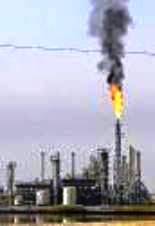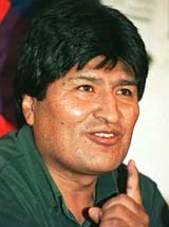Differentiation and segmentation
When talking about differentiation, we have to distinguish it from the concept of segmentation. Differentiation refers to the way an enterprise competes in a market, while segmentation refers to the market in which this enterprise is competing; with all its characteristics when referring to type of clients, location, etc.
We can segment a market only if its characteristics allow a division in different groups. For example, by age, tastes, etc., but most importantly, because its demand is different. Consequently, the structure of the market limits the possibility of segmentation. Differentiation is a choice an enterprise must make. It can be decided whether to place it in a market or not, or to a determined segment depending on the characteristics of the demand, to offer a product/service which is adequate to the characteristics of the intended clients. It is a strategic decision.
Nevertheless, we have to clarify that differentiation doesn't necessarily imply segmentation. This will depend on the differentiation strategy the enterprise chooses to follow. Like this,
- in massive markets, when considering common characteristics in different clients.
- in selective markets, when considering that the characteristics of clients create different client groups.
ATTACHMENT 6.- OIL IN BOLIVIA
Since Evo Morales was announced as a President candidate for Bolivia, the news was portended. Once he became a candidate, he presented his Government program with a fixed and main axis. When he got to power (maybe the fact that citizens were identified with a native as their President was a great competitive advantage that helped him reach his goal), he put his plan into action.
On May 1st, 2006, coinciding with Labour Day, Evo Morales keeps his word and signs a decree that nationalizes hydrocarbon in Bolivia and renders "absolute control" to the State. Armed Forces control oil ducts, gas, and refineries; including those of the Spanish Repsol YPF and the Brazilian Petrobras. The foreign enterprises operating in Bolivia must deliver their entire production to Yacimientos Petrolíferos Fiscales Bolivianos (YPFB, the state oil industry) and sign new contracts in less than 180 days.
Evo Morales considers the current contracts as null and void since they weren't ratified by Congress at that time, as stated in the Constitution. These Shared Risk Contracts between multinationals and the State, granted ownership of hydrocarbons wells to enterprises during the first government of Sánchez de Lozada (from August, 1993 to August, 1997). Lozada also enacted the Capitalization Law (March, 1994), through which YPFB "practically disappeared and was left in the hands of multinational companies that up to now, have controlled the hydrocarbon wealth of Bolivia", according to the actual President. However, all of this was put to an end on May 1st.
It is obvious that petroleum is a scarce resource in the World today. Without a doubt, it molds World economy and shakes the stock market even with a little twitch. It constitutes a competitive advantage for any country that possesses it. This is the reason why Bolivia --according to many to be the poorest country in South America-- wants to use this resource to move ahead. This is a poor country that counts with a strategic resource that grants it a competitive advantage: petroleum.

